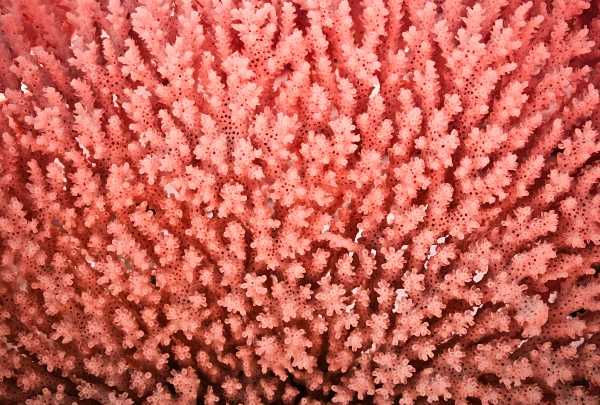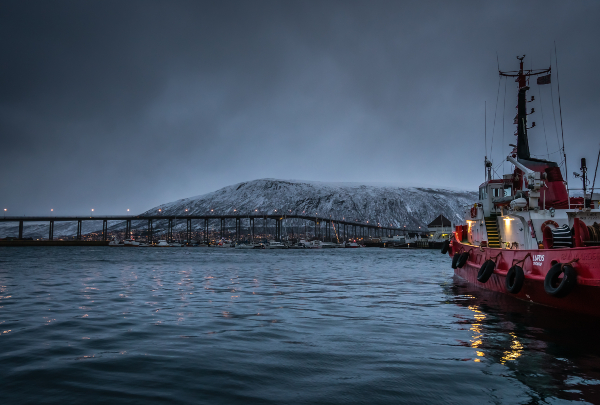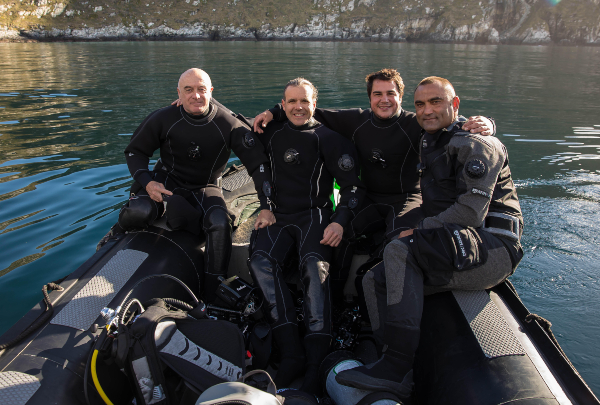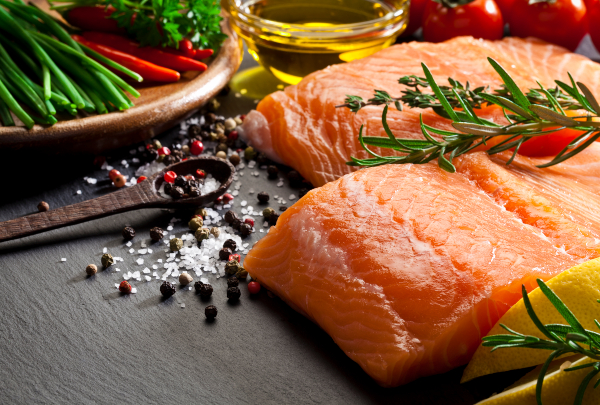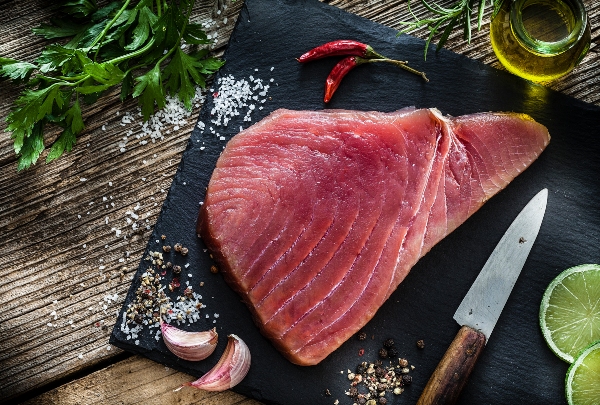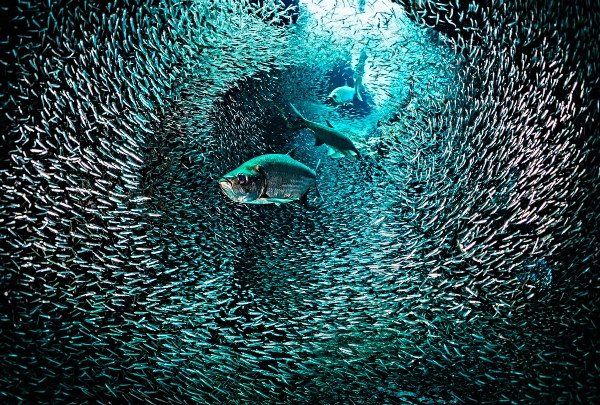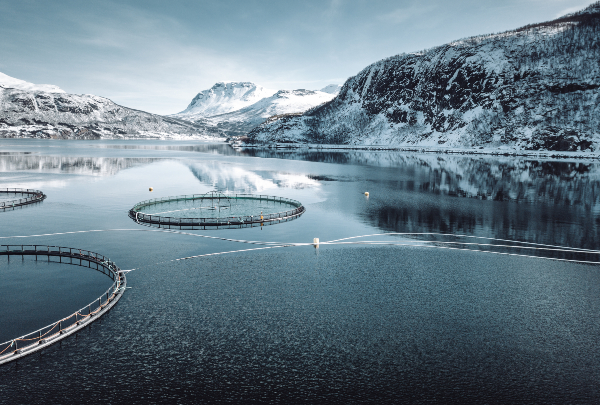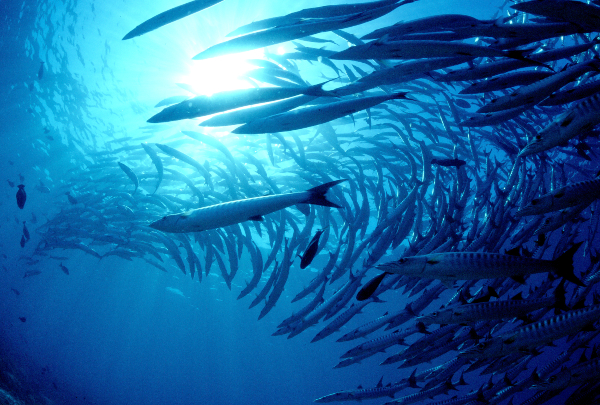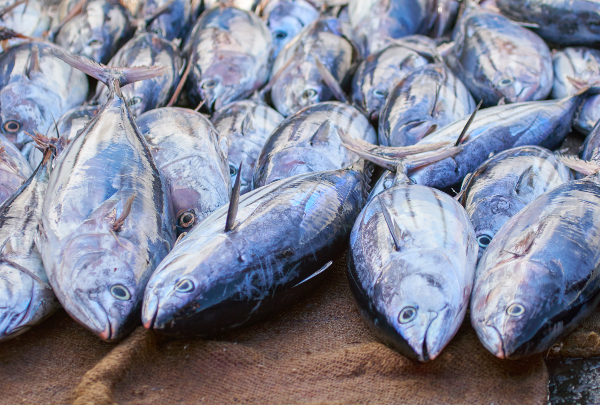News
“95% of Argentine fish is exported because it isn’t price-competitive on the domestic market”
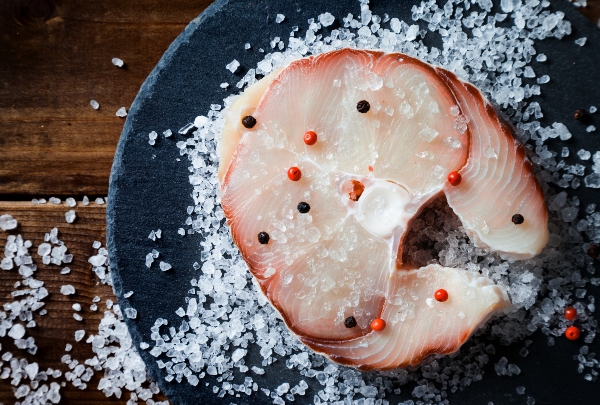
The chef of El Baqueano in Buenos Aires, Fer Rivarola, set out the status of fish production and consumption in Argentina, “no culture and a lot of exports”. Still, he continues to educate people at his restaurant – a sustainable, unrelenting task.
"A rare species – an Argentine who loves and defends seafood”. This is how journalist Benjamín Lana described Fer Rivarola, the chef of the Buenos Aires restaurant El Baqueano – number 39 in the list of Latin America’s 50 Best Restaurants –, who spoke out at Meeting of the Seas about the lack of seafood culture in Argentina. Both in terms of people’s eating habits – “The average Argentine would never eat the head of a prawn”— and in terms of production – “up to 95% of production from our seas is exported. Argentina overall exports more fish than meat”, he argued.
The Argentine coastline is 4,735km long, it has the world’s largest continental platform covering an area of 6.5 million km2 and among the largest fishing grounds. “Our seas are massive but we don’t make the most of them”, he lamented. There is fishing activity, “but the best fish goes straight to exports because it isn’t price-competitive on the domestic market. The industry is better off exporting it”. This is particularly true of the largest specimens and a hurdle Argentine cooks have to overcome. Another hurdle is illegal fishing and bad practices. “Some Asian vessels breach the areas they cannot enter and cross over into Argentinian waters”, the chef explained. They catch squid, hake and prawns, “our main fish”.
About his cooking, Rivarola related that he learnt to cook fish in Andalusia. “I came back to Argentina and I started El Baqueano as a way to share what I had learnt, but I realised that it was difficult to find fish here, in particular from small fishermen because of red tape”. More hurdles. “In addition, the fish in fishmongers is already cut up and frozen. And there are few fishmongers in the city to begin with, or a culture of knowing how to work with fish”. But the time had come. To instil his passion for fish into his fellow-citizens, he has been creating “educational” dishes, where he sometimes hides the seafood so that they eat it without objections. For instance, his prawns, whose heads he serves in an emulsion. “Otherwise they’d reject it. They’re prejudiced, but that’s how it is”. Another dish with a message, pollack “which we served with the skin on, to show that skin can also be eaten and for people to know what it tastes like”.
It’s all about education, he says, to promote a culture that’s connected to inherently sustainable principles. “It’s a fashionable word but we truly believe it. It’s very important, and being sustainable begins with paying the right price to the small fishermen we buy from. We have to know what our products are worth, and we show respect by paying the right price”, he concluded.
